Design Challenge
Cultivate the next generation of social innovators.
Design Challenges foster mindsets that will have a lasting impact on your students’ academic, social and professional lives. In this opportunity, student groups develop a solution to a real social issue, create a proposal and use expert feedback to refine their ideas.
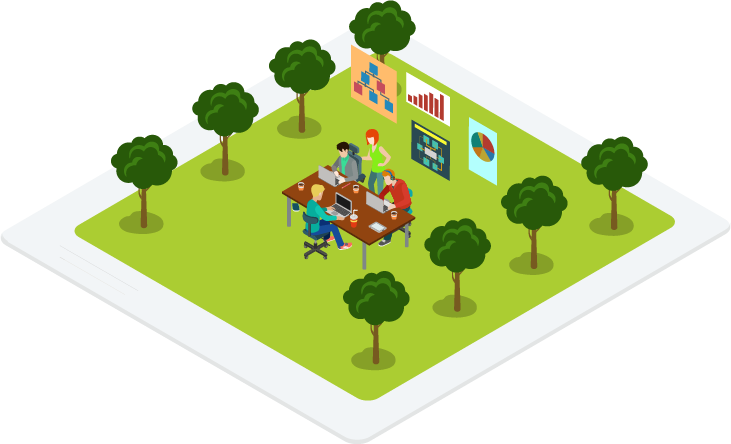
How does this fit with my class?
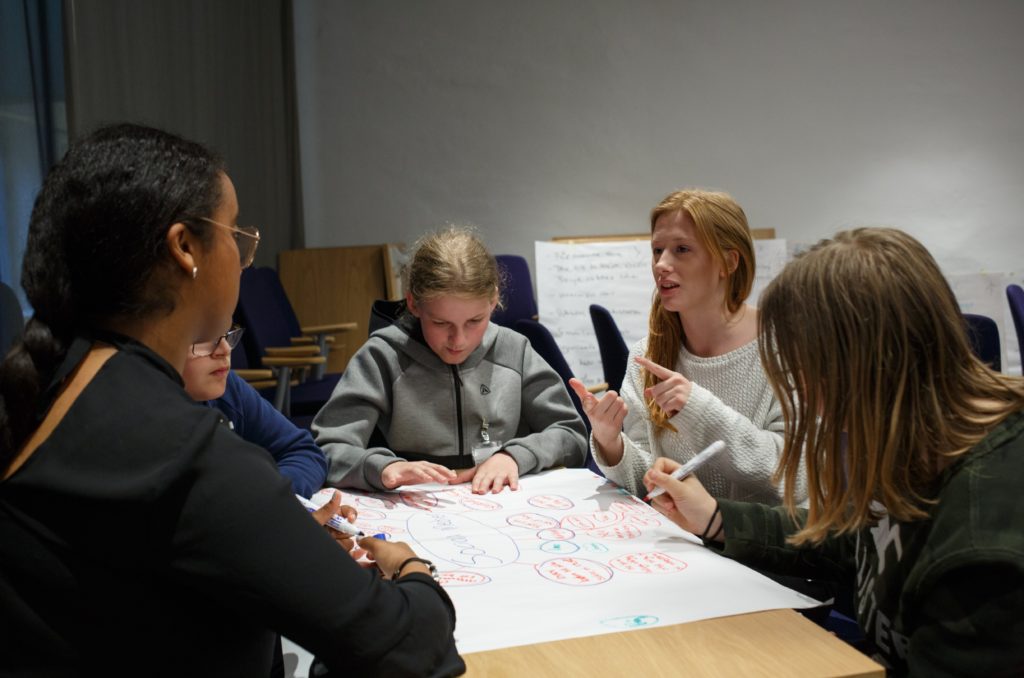
Students can learn and apply valuable skills like calculated risk-taking, problem solving, innovative thinking, collaboration and success through failure. Build these skills through curriculum-aligned projects that allow students to interact with their communities through a solutions-oriented and empathetic lens.
Objectives
- Describe social entrepreneurship and characteristics of social entrepreneurs
- Develop a social project proposal presentation
- Collaborate with peers
- Practice public speaking and answer questions effectively
- Learn how to balance different viewpoints
- Understand and utilize feedback
- Develop self-confidence and motivation
- Learn to succeed through failure
Activity Location
-
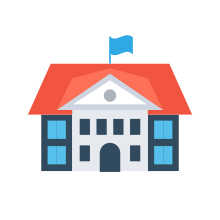 In school
In school
-
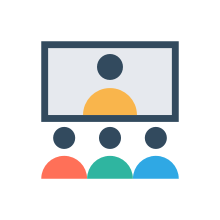 Virtual
Virtual
-
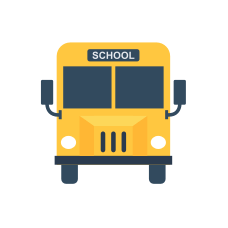 Out of school
Out of school
Prep Time
-
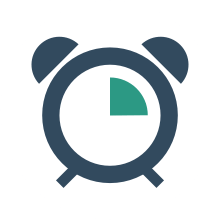 Low
Low
-
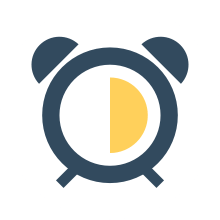 Medium
Medium
-
 High
High
Scope
-
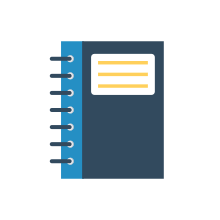 Lesson
Lesson
-
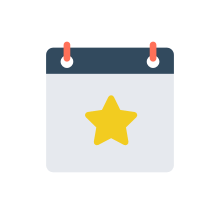 Event
Event
-
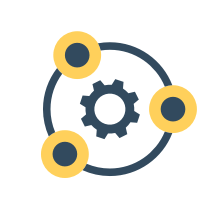 Program
Program
What will my students gain?
“Beyond equipping students with necessary public speaking, leadership, and teamwork skills, teaching high school students entrepreneurship propels them towards success academically and professionally.”
From the Partnership for 21st Century Learning Framework:
Creativity & Innovation
- Use a wide range of idea creation techniques
- Be open and responsive to new and diverse perspectives; incorporate group input and feedback into the work
- Demonstrate originality and inventiveness in work and understand the real world limits to adopting new ideas
- View failure as an opportunity to learn; understand that creativity and innovation is a long-term, cyclical process of small successes and frequent mistakes
- Act on creative ideas to make a tangible and useful contribution to the field in which the innovation will occur
Critical Thinking & Problem Solving
- Effectively solve different kinds of non-familiar problems in both conventional and innovative ways
- Effectively identify and ask significant questions that clarify various points of view and lead to better solutions
- Effectively interpret information and draw conclusions based on the best analysis
- Reflect critically on learning experiences and processes
Communication & Collaboration
- Articulate thoughts and ideas effectively using oral, written and nonverbal communication skills in a variety of forms and contexts
- Listen effectively to decipher meaning, including knowledge, values, attitudes and intentions
- Use communication for a range of purposes (e.g. to inform, instruct, motivate and persuade)
Information, Media, and Technology Skills
- Evaluate information critically and competently
- Use information accurately and creatively for the issue or problem at hand
- Use technology as a tool to research, organize, evaluate and communicate information
Life & Career Skills
- Deal positively with praise, setbacks and criticism
- Set goals with tangible and intangible success criteria
- Utilize time and manage workload efficiently
- Leverage social and cultural differences to create new ideas and increase both innovation and quality of work
Productivity & Accountability
- Set and meet goals
- Is accountable for results
- Manages time and projects effectively
